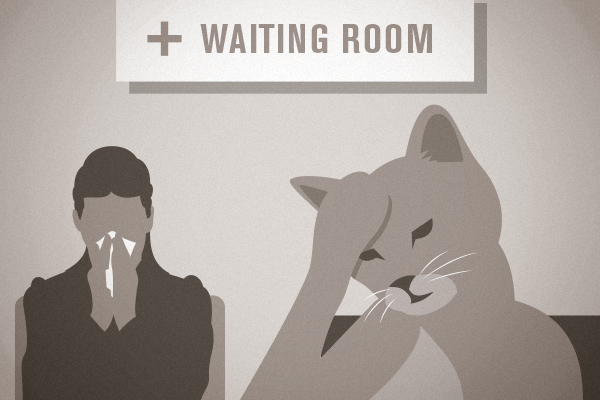We noticed an article floating around on Twitter this week. Fox 8 Cleveland wrote about Dr. Doug Nunamaker on their website back in June. It summarizes our Wichita-based operation. For those in the know, you’ve heard us proudly sharing our vision of healthcare reform–one based on actual work, actual negotiation, and actual market principles. For those who are new to direct care, this is just one of many affirmative media moments we’ve had this year.
CHECK OUT THE FOX 8 CLEVELAND ARTICLE HERE
In Dr. Doug’s words:
“My professional life is better than expected, my family life and personal time is better than expected. This is everything I wanted out of family medicine.”
And as any supporter of direct care will tell you, the hardest part is communicating the explicit advantages and success of our model. Many people can’t believe that we’re able to offer more affordable care and spend more time with our patients WITHOUT insurance. However, it’s a matter of cutting the red tape, and eliminating needless bureaucracy. It’s about pushing for a healthcare system that uses insurance to cover UNEXPECTED phenomenon. Not the things that are anticipated or easily treated by a family doctor.

